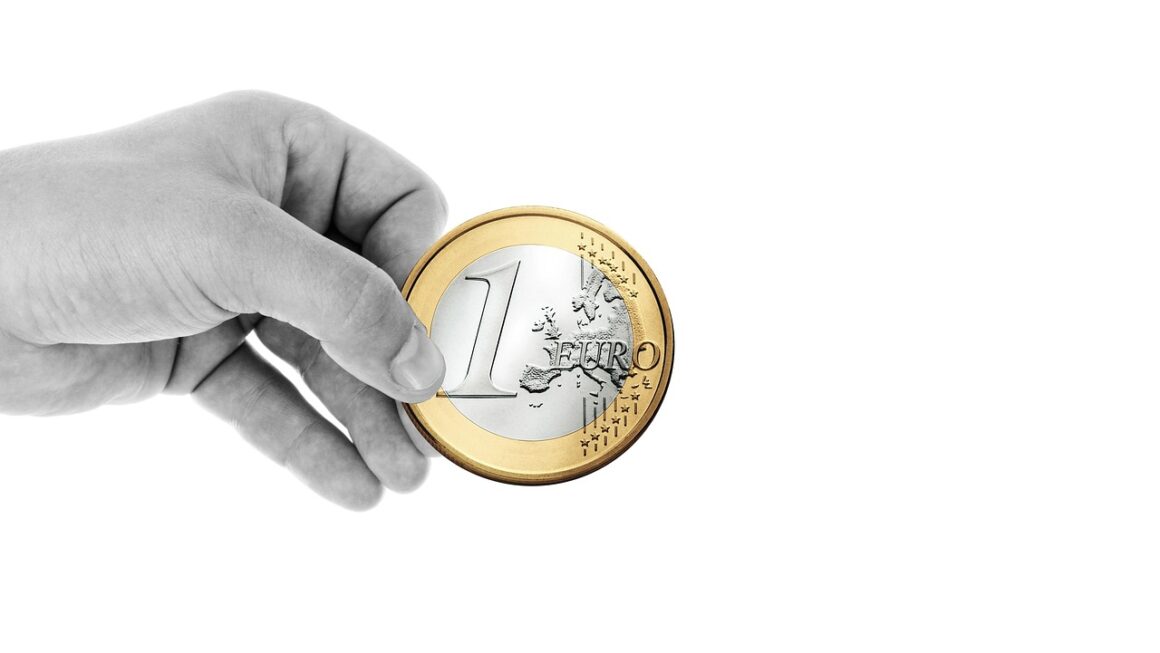Credit cards – convenient tools for purchases, building credit, and even earning rewards. However, without a solid understanding of how they work and how to manage them responsibly, credit cards can quickly lead to debt and financial stress. This guide provides essential credit card tips to help you navigate the world of credit, maximize benefits, and avoid common pitfalls, setting you on a path to financial well-being.
Choosing the Right Credit Card
Selecting the right credit card is the foundation of responsible credit management. Not all cards are created equal; finding one that aligns with your spending habits and financial goals is crucial.
Understanding Your Spending Habits
- Track your expenses: For at least a month, meticulously track where your money goes. This will reveal your spending patterns and categories.
- Identify your biggest spending categories: Are you a frequent traveler, a dining enthusiast, or do you spend mostly on everyday essentials? Knowing this will help you choose a card with relevant rewards.
Example: If you spend a lot on groceries, a card offering bonus points or cash back on supermarket purchases would be ideal.
Comparing Credit Card Offers
- Interest Rates (APR): Pay close attention to the Annual Percentage Rate (APR). If you tend to carry a balance, a low APR is paramount. Credit cards often have different APRs for purchases, balance transfers, and cash advances.
Example: A card with a 14% APR is significantly better than one with a 22% APR if you expect to carry a balance.
- Fees: Look out for annual fees, late payment fees, over-limit fees, and foreign transaction fees. Some cards waive annual fees for the first year.
Actionable Takeaway: Avoid cards with excessive fees unless the rewards significantly outweigh the costs.
- Rewards Programs: Explore different reward structures, such as cash back, points, or miles.
Cash Back: Offers a percentage back on purchases. Simple and straightforward.
Points: Can be redeemed for travel, merchandise, or gift cards. Often have varying redemption values.
Miles: Specifically for travel-related expenses. Can be very valuable if you travel frequently.
Example: A travel rewards card offering 2x miles on flights and hotels is a good choice if you travel often.
- Credit Score Requirements: Check the credit score range required for approval. Applying for cards you’re unlikely to be approved for can negatively impact your credit score.
Mastering Credit Card Usage
Owning a credit card is only half the battle. Using it wisely is what truly matters.
Paying Your Bills On Time and in Full
- The Importance of Timely Payments: Late payments can trigger late fees, increase your APR, and damage your credit score.
Statistic: Late payments can stay on your credit report for up to 7 years.
- Automate Payments: Set up automatic payments from your checking account to cover at least the minimum amount due, or ideally, the full statement balance.
Actionable Takeaway: Automating payments ensures you never miss a due date.
- Pay in Full Each Month: Paying your statement balance in full avoids interest charges and maximizes the benefits of your credit card.
Example: If you charge $1,000 to your card and pay it off in full each month, you won’t accrue any interest. However, if you only pay the minimum, you’ll be paying interest for months, or even years.
Keeping Your Credit Utilization Low
- Understanding Credit Utilization: Credit utilization is the amount of credit you’re using compared to your total credit limit. It’s a significant factor in your credit score.
- Targeting a Low Ratio: Experts recommend keeping your credit utilization below 30%. Ideally, aim for below 10%.
Example: If you have a credit limit of $10,000, try to keep your balance below $3,000 (30%) or even $1,000 (10%).
- Strategies to Lower Utilization:
Pay down your balance throughout the month: Instead of waiting until the statement date, make multiple payments to keep your balance low.
Request a credit limit increase: A higher credit limit automatically lowers your utilization ratio, assuming you don’t increase your spending.
Open another credit card: This increases your overall available credit, but be careful not to overspend.
Avoiding Common Credit Card Mistakes
- Cash Advances: Cash advances typically come with high interest rates and fees, often with no grace period.
- Overspending: Stick to a budget and avoid charging more than you can afford to pay off each month.
- Maxing Out Your Credit Card: Maxing out a credit card can severely damage your credit score.
- Only Paying the Minimum: Paying only the minimum amount due can trap you in a cycle of debt.
Maximizing Credit Card Rewards
Many credit cards offer rewards programs to incentivize spending. Learn how to strategically maximize these rewards.
Understanding Reward Structures
- Flat-Rate Rewards: Earn a fixed percentage back on all purchases, regardless of category. Simple and predictable.
Example: A card offering 1.5% cash back on all purchases.
- Tiered Rewards: Earn bonus rewards in specific categories, such as dining, travel, or gas.
Example: A card offering 3% cash back on dining, 2% on gas, and 1% on all other purchases.
- Rotating Category Rewards: Quarterly activation is often required.
Example: A card offering 5% cash back on rotating categories like Amazon, groceries, or department stores each quarter.
Redeeming Rewards Strategically
- Cash Back: The most flexible option, offering direct deposits or statement credits.
- Travel Rewards: Can be redeemed for flights, hotels, and other travel expenses.
Actionable Takeaway: Compare the value of your points/miles before redeeming. Sometimes, certain redemption options offer better value.
- Gift Cards: Useful for specific retailers or restaurants.
- Merchandise: Usually offers the lowest redemption value.
Combining Rewards Programs
- Strategic Card Usage: Use different cards for different purchases to maximize rewards.
* Example: Use a dining card for restaurant purchases and a travel card for travel expenses.
- Stacking Rewards: Look for opportunities to stack rewards by using your credit card in conjunction with other loyalty programs or coupons.
Monitoring Your Credit Report Regularly
Your credit report is a comprehensive record of your credit history. Regularly monitoring it is essential for identifying errors, detecting fraud, and maintaining a healthy credit score.
Checking Your Credit Report
- Annual Credit Report: You’re entitled to a free credit report from each of the three major credit bureaus (Equifax, Experian, and TransUnion) once a year. Access it at AnnualCreditReport.com.
- Stagger Your Reports: Request one report from a different bureau every four months to monitor your credit more frequently throughout the year.
Identifying and Correcting Errors
- Review your report carefully: Look for inaccuracies, such as incorrect account balances, late payments you didn’t make, or accounts you don’t recognize.
- Dispute errors promptly: Contact the credit bureau and the creditor in writing to dispute any errors you find.
- Provide supporting documentation: Include any evidence that supports your claim, such as payment records or account statements.
Protecting Yourself from Fraud
- Monitor your credit card statements regularly: Look for unauthorized transactions.
- Set up fraud alerts: Request fraud alerts from the credit bureaus to be notified of any suspicious activity on your accounts.
- Consider a credit freeze: A credit freeze restricts access to your credit report, making it more difficult for identity thieves to open new accounts in your name.
Conclusion
Mastering credit cards is a journey that requires knowledge, discipline, and consistent effort. By choosing the right credit card, using it responsibly, maximizing rewards, and monitoring your credit report, you can harness the power of credit cards to achieve your financial goals and build a secure financial future. Remember to always prioritize responsible spending habits and avoid debt accumulation. Your credit score will thank you for it!




